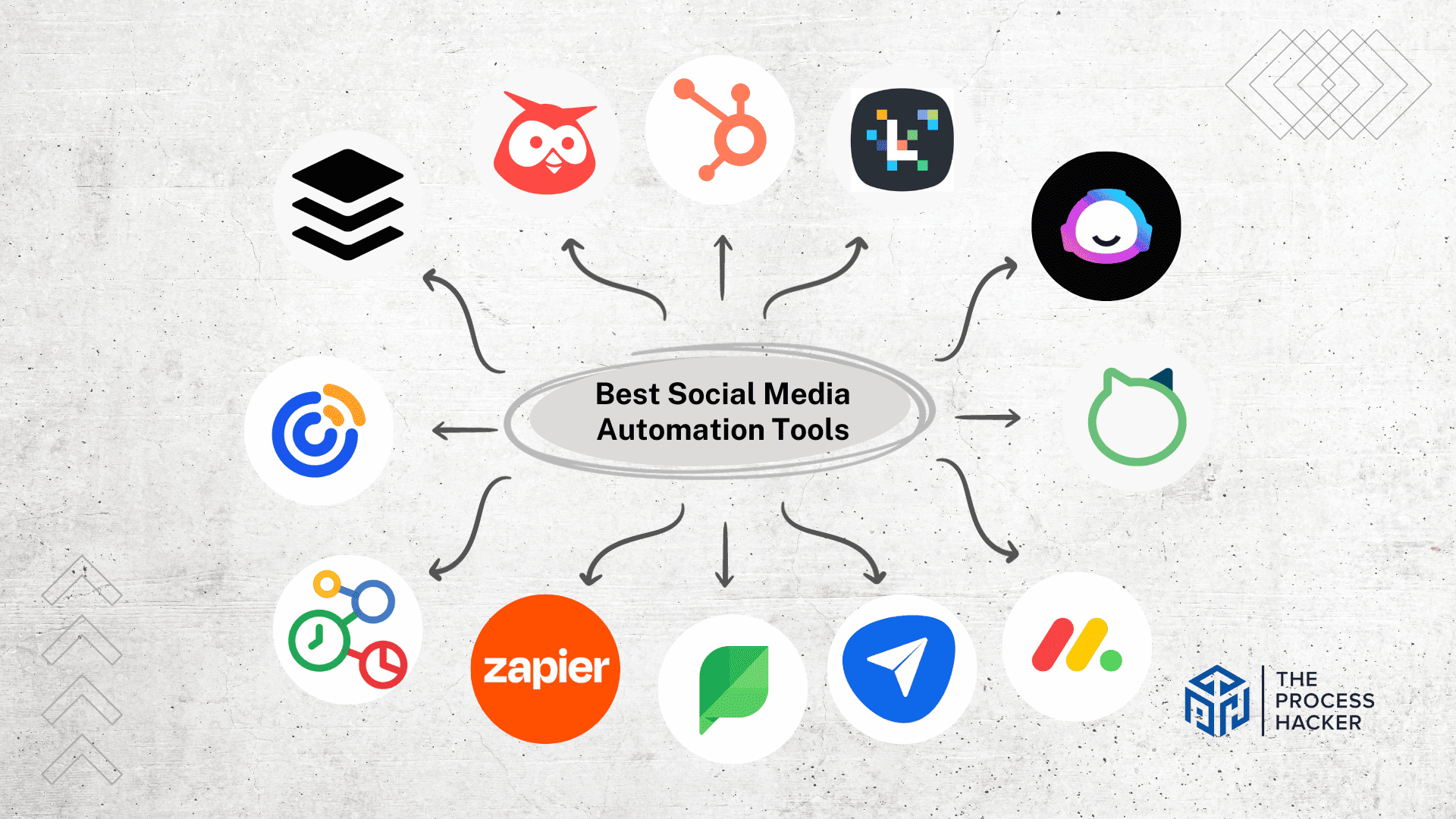Subtotal 0 د.إ
Social media is now a crucial component of marketing for e-commerce. Nonetheless, it can be exhausting and time-consuming to manage several platforms. Tools for social media automation can help in this situation. You can free up time to concentrate on more strategically important areas of your business by automating repetitive operations. We’ll look at the top social media automation solutions in this piece to see how they help boost lead generation for your online store.
The Value of Automation in Social Media

For e-commerce enterprises, it is imperative to maintain an active social media presence in the rapidly evolving digital landscape of today. However, creating interesting content, maintaining regular posting schedules, and manually overseeing numerous accounts may be difficult jobs. This is where automation for social media becomes useful.
By automating tedious processes like scheduling posts, replying to comments, and evaluating performance data, social media automation solutions enable organizations to maximize the efficiency of their marketing initiatives. Businesses can boost productivity, save time, and concentrate on more strategically important areas of their operations by automating certain activities.
Selecting Appropriate Automation Tools
Selecting the best social media automation platform for your e-commerce business might be daunting, given the abundance of options available on the market. Seek products that provide an extensive feature set catered to your company’s requirements. Post scheduling, content curation, analytics, and integration with various social media platforms are a few examples of this.
Choose tools that make it easy for you to traverse the site by being intuitive and user-friendly. A high learning curve might reduce output and deter team members from adopting new practices. Make sure the automation tool is compatible with your current workflows and systems by making sure it interacts smoothly with them. Inefficiencies and operational disruptions might result from compatibility problems.
Using Automation to Generate Leads

Increasing lead creation is one of the main objectives of social media automation for e-commerce companies. Businesses may reach a wider audience and draw in more clients by automating processes like lead nurturing, interaction with followers, and content scheduling.
By using automation, companies may be consistently visible on social media and stay at the forefront of their target audience’s minds. Businesses may optimize engagement and grab the attention of potential leads by carefully planning posts for the best times to publish them and utilizing data-driven insights to improve their content strategies.
Measuring Success and Iterating Strategies
Effective social media automation doesn’t end with implementation; it requires ongoing monitoring, analysis, and optimization to drive continuous improvement. One of the key advantages of automation tools is their ability to provide actionable insights into campaign performance, allowing businesses to measure success and identify areas for improvement.
By regularly analyzing metrics such as engagement rates, click-through rates, and conversion rates, businesses can gain valuable insights into the effectiveness of their social media efforts. This data can inform strategic decision-making, helping businesses refine their content strategies, optimize posting schedules, and allocate resources more effectively. Additionally, automation tools often include built-in analytics dashboards that provide real-time data on campaign performance.
FAQS
Q1: What are social media automation tools?
A1: Social media automation tools are software solutions designed to streamline and automate various tasks related to social media management, such as scheduling posts, engaging with followers, and analyzing performance metrics.
Q2: How can social media automation tools help with lead generation?
A2: Social media automation tools can help with lead generation by allowing you to schedule regular posts, engage with your audience in real time, and analyze data to identify potential leads. By automating these tasks, you can reach a larger audience and nurture leads more effectively.
Q3: What are some features to look for in social media automation tools?
A3: Some key features to look for in social media automation tools include scheduling capabilities, integration with multiple social media platforms, analytics and reporting tools, and automation of repetitive tasks such as content curation and posting.
Q4: Are social media automation tools suitable for all types of e-commerce businesses?
A4: While social media automation tools can be beneficial for most e-commerce businesses, it’s essential to choose tools that align with your specific needs and goals. Some tools may be more suitable for certain industries or business sizes than others.
Q5: How can social media automation tools help with content curation?
A5: Social media automation tools offer features that streamline the content curation process for e-commerce businesses. These tools can automatically discover and suggest relevant content from across the web based on predefined keywords or topics. By curating a diverse range of content, businesses can keep their social media feeds fresh and engaging, while also positioning themselves as authorities in their niche.
Q6: Are there any potential drawbacks to using social media automation tools?
A6: While social media automation tools offer numerous benefits, it’s essential to be aware of potential drawbacks. One common concern is the risk of appearing overly automated or impersonal, which can alienate followers and undermine trust. Additionally, relying too heavily on automation may result in missed opportunities for genuine engagement with followers. It’s crucial for businesses to strike a balance between automation and authentic human interaction to maintain a strong and genuine presence on social media.
Q7: Can social media automation tools help with audience segmentation and targeting?
A7: Yes, many social media automation tools offer robust audience segmentation and targeting capabilities. These tools allow businesses to divide their audience into distinct segments based on factors such as demographics, interests, and purchasing behavior. By targeting specific audience segments with tailored content and offers, businesses can increase relevance and engagement, ultimately driving higher conversion rates. Additionally, automation tools often include features such as A/B testing, which allows businesses to refine their targeting strategies and optimize campaign performance over time.


